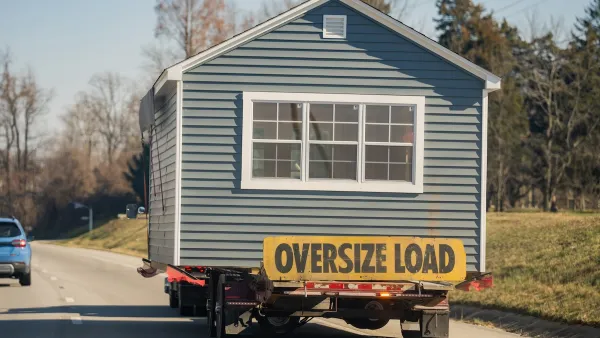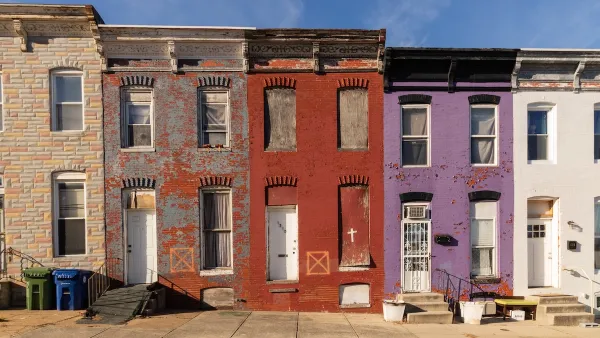Big, diverse, and a little bit different, the Millennial generation is often cast as the solution to—or the cause of—many of America’s housing challenges.

By Lisa Sturtevant
Big, diverse, and a little bit different, the Millennial generation is often cast as the solution to—or the cause of—many of America’s housing challenges. But Millennials probably aren’t as principal to understanding U.S. housing market conditions as the sheer amount of media coverage may lead us to believe.
The opportunities available to Gen Xers and Baby Boomers, and the decisions they make about where to live, are also key rungs in the housing market ladder. But there is a mystique about Millennials in the midst of sluggish economic conditions which, among other less fanciful reasons, makes them an important part of the conversation about the housing market recovery and the role of housing in people’s lives. But can we separate Millennial fact from myth? And are markets and policy set up to adequately meet Millennials’ housing needs?
Who Are Millennials?
There is no universal definition of the Millennial population, though researchers and commentators often refer to the population of people in their late teens to early 30s as Millennials. There are about 75 million people age 18 to 34, making up nearly a quarter of the overall population. Millennials comprise a larger group of the population than Baby Boomers and they are more racially and ethnically diverse than older age cohorts.
The population of young adults has been graduating from school and entering the labor force (or not) in the sluggish recovery of the worst recession in 75 years. They face limited employment options, stagnant wages and high student debt.
They are also entering the stage of life when people typically start families and think about buying a home. But, they aren’t.
What Do We Hear About Millennials?
There are a lot of stereotypes about Millennials. They live with their parents, either in the basement or in their old bedrooms. Or they have set up house in trendy microunits, tiny apartments with bare-bones kitchens and shared sleeping and living space. They don’t want a car and they have adopted a “sharing economy” for everything from transportation to music to technology. And they are shunning the traditional paths of marriage, children and homeownership.
Millennials are different, and they have different preferences for housing which should change the way communities plan for housing.
But are these stereotypes true?
What is Likely Truer About Millennials?
Rather than radically different preferences, it is economic conditions that...
FULL STORY: Are Millennials Different, or Just Delaying Homeownership?

Analysis: Cybertruck Fatality Rate Far Exceeds That of Ford Pinto
The Tesla Cybertruck was recalled seven times last year.

National Parks Layoffs Will Cause Communities to Lose Billions
Thousands of essential park workers were laid off this week, just before the busy spring break season.

Retro-silient?: America’s First “Eco-burb,” The Woodlands Turns 50
A master-planned community north of Houston offers lessons on green infrastructure and resilient design, but falls short of its founder’s lofty affordability and walkability goals.

Test News Post 1
This is a summary

Analysis: Cybertruck Fatality Rate Far Exceeds That of Ford Pinto
The Tesla Cybertruck was recalled seven times last year.

Test News Headline 46
Test for the image on the front page.
Urban Design for Planners 1: Software Tools
This six-course series explores essential urban design concepts using open source software and equips planners with the tools they need to participate fully in the urban design process.
Planning for Universal Design
Learn the tools for implementing Universal Design in planning regulations.
EMC Planning Group, Inc.
Planetizen
Planetizen
Mpact (formerly Rail~Volution)
Great Falls Development Authority, Inc.
HUDs Office of Policy Development and Research
NYU Wagner Graduate School of Public Service




























